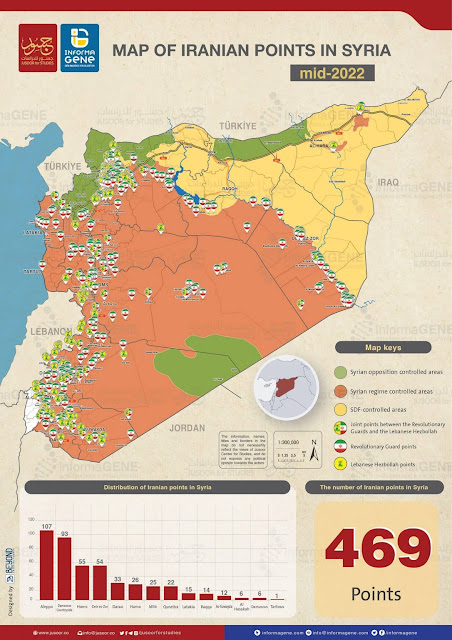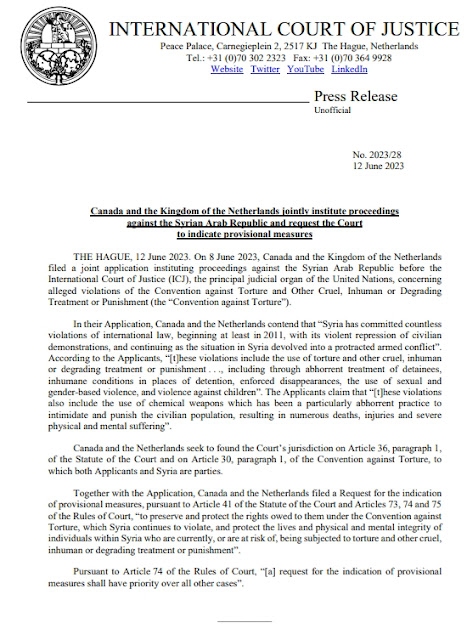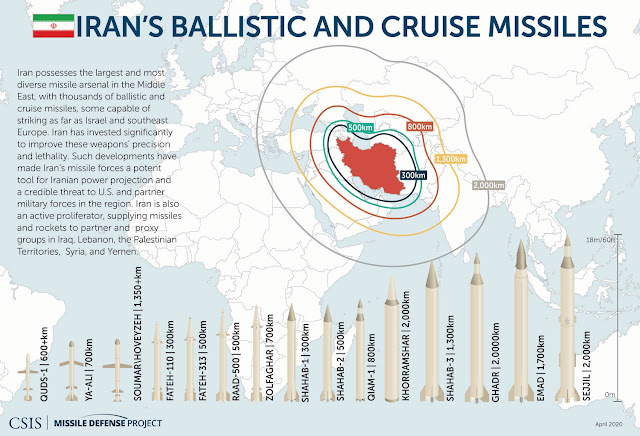US hails Saudi dissidents' pardon
BBC News
The US has welcomed a decision by Saudi Arabia's new king to pardon a number of political activists who were jailed for demanding democratic reforms.
They include three intellectuals given sentences of up to nine years for criticising the government.
State Department spokesman Adam Ereli said the pardons were a significant move which showed King Abdullah was a forward-looking leader.
But he declined to speculate whether it heralded further reform in the country.
King Abdullah also pardoned a member of the dissidents' defence team, who was detained after criticising the judiciary during the men's trial.
"We applaud this decision. President Bush has said that Saudi Arabia can demonstrate its leadership in the region by expanding the role of the Saudi people," Mr Ereli said.
In a separate development, the US reopened its diplomatic missions in Saudi Arabia, two days after they were closed because of a security threat.
Positive message
Poet Ali al-Demaini and academics Abdullah al-Hamed and Matruk al-Faleh have been in prison since their arrest in March 2004 after they called for the Saudi rulers to take steps towards becoming a constitutional rather than an absolute monarchy.
Mr Ereli said the secretary of state, Condoleezza Rice, had raised the men's case on her last visit to Saudi Arabia.
"I think a pardon is significant," he said. "It sends a signal that people that had been jailed for political activity and for exercising their fundamental rights are released. And that's the message that we take away from it."
The US shares very close relations with the rulers of Saudi Arabia and seldom exposes the world's biggest oil supplier to overt criticism.
However, Ms Rice recently declared that the US had been wrong in the past to pursue "stability at the expense of democracy" in the Middle East.
Handing out pardons is an established tradition among new monarchs in Saudi Arabia, which Abdullah has ruled as regent since 1995 because of the long illness of King Fahd.
A Saudi opposition group based in London dismissed the move, saying there are at least 4,000 other political prisoners being held in the kingdom.
King Abdullah also pardoned several Libyans who had been detained over an alleged plot to assassinate Abdullah when he was crown prince.
Islamist activist Saeed bin Zuheir, jailed for justifying violent acts in the country, was also freed.
BBC News
The US has welcomed a decision by Saudi Arabia's new king to pardon a number of political activists who were jailed for demanding democratic reforms.
They include three intellectuals given sentences of up to nine years for criticising the government.
State Department spokesman Adam Ereli said the pardons were a significant move which showed King Abdullah was a forward-looking leader.
But he declined to speculate whether it heralded further reform in the country.
King Abdullah also pardoned a member of the dissidents' defence team, who was detained after criticising the judiciary during the men's trial.
"We applaud this decision. President Bush has said that Saudi Arabia can demonstrate its leadership in the region by expanding the role of the Saudi people," Mr Ereli said.
In a separate development, the US reopened its diplomatic missions in Saudi Arabia, two days after they were closed because of a security threat.
Positive message
Poet Ali al-Demaini and academics Abdullah al-Hamed and Matruk al-Faleh have been in prison since their arrest in March 2004 after they called for the Saudi rulers to take steps towards becoming a constitutional rather than an absolute monarchy.
Mr Ereli said the secretary of state, Condoleezza Rice, had raised the men's case on her last visit to Saudi Arabia.
"I think a pardon is significant," he said. "It sends a signal that people that had been jailed for political activity and for exercising their fundamental rights are released. And that's the message that we take away from it."
The US shares very close relations with the rulers of Saudi Arabia and seldom exposes the world's biggest oil supplier to overt criticism.
However, Ms Rice recently declared that the US had been wrong in the past to pursue "stability at the expense of democracy" in the Middle East.
Handing out pardons is an established tradition among new monarchs in Saudi Arabia, which Abdullah has ruled as regent since 1995 because of the long illness of King Fahd.
A Saudi opposition group based in London dismissed the move, saying there are at least 4,000 other political prisoners being held in the kingdom.
King Abdullah also pardoned several Libyans who had been detained over an alleged plot to assassinate Abdullah when he was crown prince.
Islamist activist Saeed bin Zuheir, jailed for justifying violent acts in the country, was also freed.


